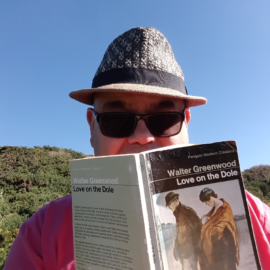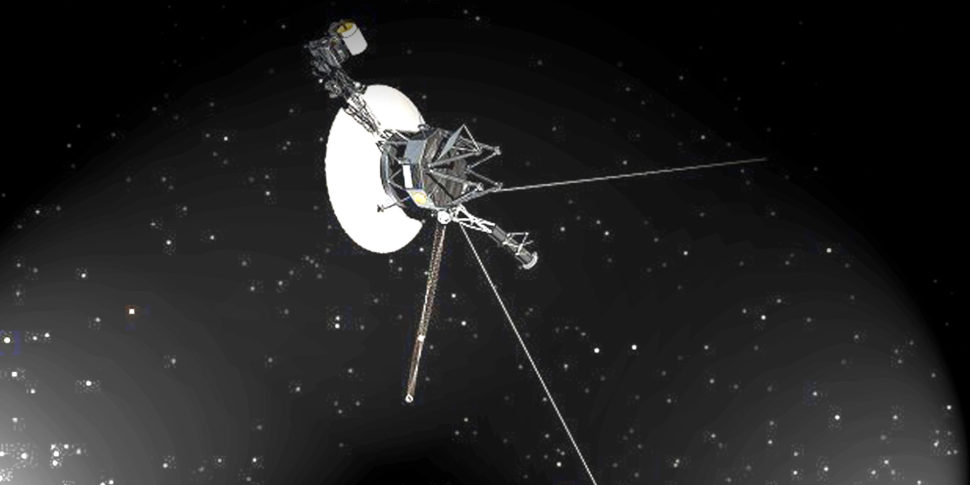The Arthur C. Clarke Award was established in 1987 with the twin aims of highlighting the best science fiction novel published in Britain in the given year, and introducing science fiction literature to a wider public. What set the Clarke Award apart from the start was its status as a juried award. Unlike the Hugo or the BSFA, the award would not be decided by fan votes, but judged according to literary criteria by a panel of jurors selected for their passion for the field and their expertise within it.
Our panel of shadow jurors will convene when the submissions list for the Arthur C. Clarke Award is made public. From the list of these submissions, each shadow juror will then select their own personal, preferred shortlist of six books – these could be books they have already read, books they are keen to read, or a mixture of the two. Having chosen their shortlist, each juror will commit to reading and reviewing their six books before eventually declaring the ‘winner’ they would have chosen, had their shortlist been the official one. We believe that by giving each shadow juror the opportunity to select and discuss what they believe was ‘best’ in ‘science fiction’ in 2016, the Shadow Clarke will be able to showcase a wider variety of books, writers and styles of science fiction, thus generating a sense of involvement and inclusion across the entire length and breadth of science fiction fandom.
Want to know more? Check out our FAQ. Want to participate? We’d love to hear from you. Join the conversation on Twitter at #shadowclarke.
The views and opinions expressed in these articles are those of the authors and do not necessarily reflect the official policy or position of either Anglia Ruskin University or the Centre for Science Fiction and Fantasy.
Note: We offer users the ability to comment on news items and also engage in discussions in our message board. We will not approve comments that we find detract from the enjoyment of reading our webpage. We ask that posters abstain from the following list of 12 types of posts. Those that consistently ignore these guidelines will be blocked from posting further comments. If you are interested in posting outside of these guidelines, there are numerous other places where you can post such messages.
The following types of posts may be deleted:
- Use of offensiveracial/ gender / sexual preference / religion-bashing terms or other hurtful speech. If you use a word with racial overtones in your post name, that counts.
- Excessive use of cuss words, and cussing in titles of comments / messages.
- Spamand links to spam.
- Links to inappropriate or unrelated content such as porn, distasteful pictures, etc.
- Posting of anypersonal information, names, addresses, phone numbers, e-mails, etc. If you want to include your e-mail in a post, that’s fine.
- Nonsensical posts that have nothing to do with the topic, repetitive diatribes posted to multiple items, off-topic posts that hinder discussion, and responses to those posts.
- Personal attacks on other posters, our writers, or the Clarke Award jurors. Comment on ideas, not people. Our writers are people with feelings, as are other commenters. There is no need to abuse them.
- Comments on grammar and spellingand any related discussion. Spelling and grammar mistakes are inevitable from time to time due to the volume of material we produce daily.
- Useless flame bait: “XYZ Sucks – flame away!” In other words: useless, blatantly inflammatory messages not to be confused with useful flame bait, where someone has an opinion that greatly differs from the norm and wishes to express it in a meaningful way.
- Impersonationsof other users’ post names and related discussion about how the post is not from that user.
- Posts announcing other unrelated news.
- Incomprehensible posts or posts in ALL CAPS. All caps posts are the equivalent of shouting.




















